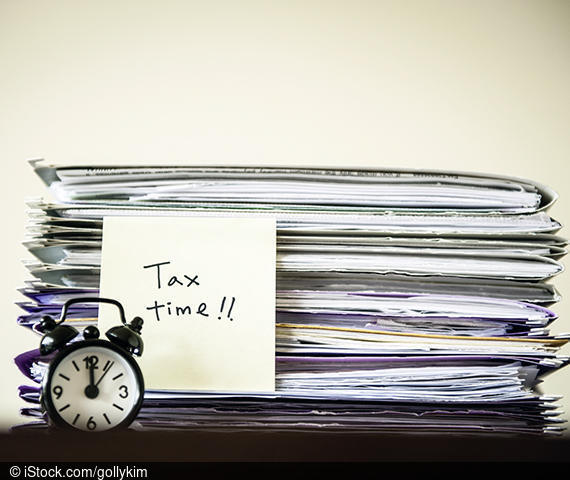The OECD Needs Tougher Standards for Tackling Tax Evasion
ResearchThe Organization for Economic Cooperation and Development (OECD) needs to toughen its standards in order to more effectively prevent tax evasion through the shifting of profits overseas or to so-called tax havens. At the same time, greater international pressure needs to be exerted on the US to agree to the Common Reporting Standard (CRS), a practical instrument developed by the OECD to facilitate the automatic exchange of information (AEOI) on taxes and financial accounts across countries. Meanwhile, there is an increasing risk of the US itself becoming a tax haven for overseas assets.
This is the finding of a study carried out jointly by the Centre for European Economic Research (ZEW) in Mannheim, the University of Mannheim. For the purposes of the study, researchers compared 41 different countries, including members of the OECD and the European Union as well as well-known international tax havens such as the Bahamas, Bahrain, Hong Kong and Singapore, looking specifically at how the CRS was implemented in national law. The results of the study revealed considerable qualitative differences between individual countries in terms of how the CRS had been implemented in the existing legal system, with a resulting negative impact on the effectiveness of the AEOI.
“We recommend that the OECD permit less flexibility in the terms of the legal implementation and scope of the CRS at the national level,” says ZEW research associate and co-author of the study Professor Christoph Spengel, summarising the findings of the study. More specifically, the current 2,600 bilateral agreements that have been made globally under the umbrella of the CRS could be streamlined into a smaller number of multilateral agreements. “The OECD standards would be adhered to much more closely across the board if there were stricter universal rules for the enforcement of the CRS, such as a mandatory minimum fine for rule-breakers,” Spengel explains.
"The US needs to be persuaded to participate in the CRS"
However, the researchers also emphasised that the OECD’s CRS system is still a highly promising initiative, with 100 out of 156 countries having ratified the CRS since its introduction in 2014, with more to come. According to Spengel and his co-authors, however, if the OECD wants to impose stricter standards in the future, it still needs to get the US on side. Currently, under the Foreign Account Tax Compliance Act (FACTA), all private individuals and companies in the US are required to report all tax-relevant information to the US authorities. “The US is therefore not operating on the same level as the CRS in terms of the extent of the international exchange of tax information,” says Spengel.
If the US cannot be persuaded to participate in the CRS in order to further harmonise international standards for the prevention of tax evasion, the United States will develop into an increasingly attractive location for foreign individuals and companies wanting to avoid their tax obligations in their country of origin.
Once it became clear back in September 2013 that the CRS system would become internationally binding, the transfer of foreign assets to the US increased by 13 per cent, before climbing a further seven per cent following the first wave of ratifications of the CRS in January 2016. “Globally, the US is currently the weakest link in the chain when it comes to the exchange of tax information. If the system is to really take hold worldwide and remain effective in the long term, the involvement of the US is essential,” says Christoph Spengel.
For more information please contact
Prof. Dr. Christoph Spengel, Phone +49 (0)621-181-1704, E-mail christoph.spengel@zew.de
